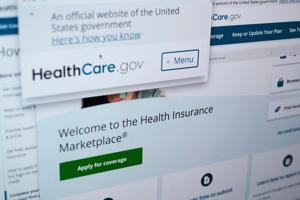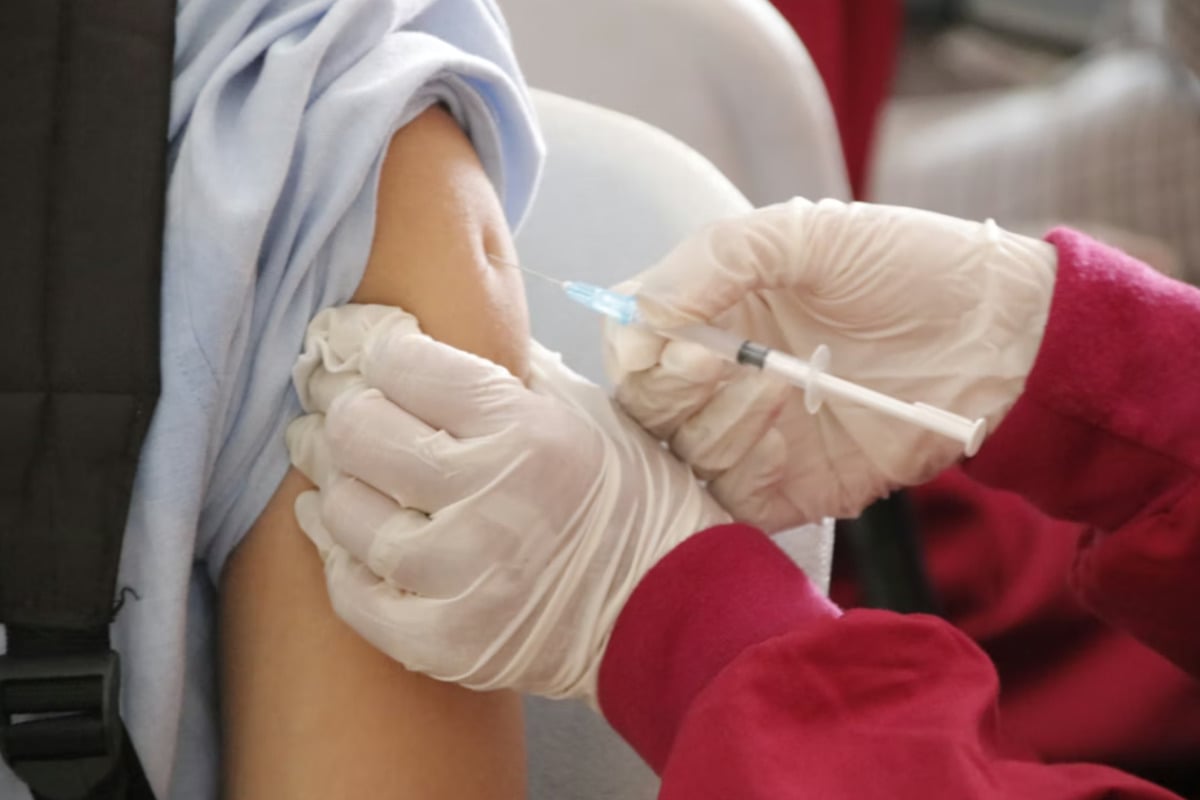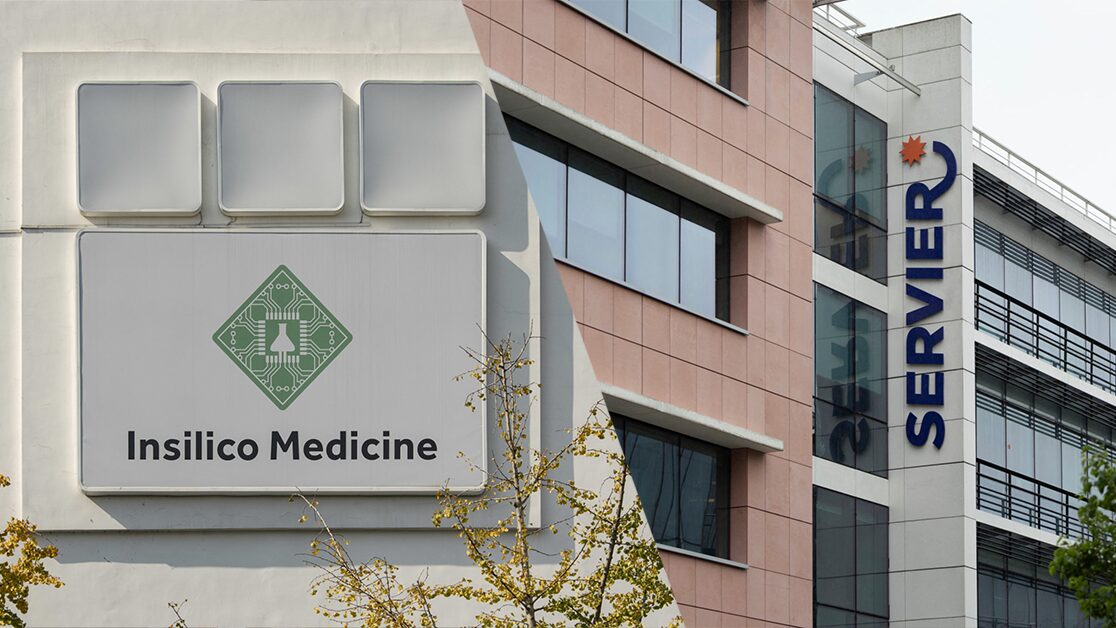A recent medical examination revealed that Mr. Edwards had a severely blocked artery, necessitating immediate surgery. This shocking discovery came after he sought help at a new rapid access clinic, where medical professionals expressed surprise that he had not previously suffered a heart attack.
At the clinic, located in London, doctors conducted a series of tests to assess Mr. Edwards’ cardiovascular health. The results indicated a significant blockage in one of his arteries, which could have led to a life-threatening situation had it not been addressed promptly. According to the attending surgeon, who chose to remain anonymous, the severity of the blockage was unexpected, especially as Mr. Edwards had not reported any prior symptoms typical of heart issues.
The rapid access clinic aims to provide timely evaluations for patients experiencing cardiovascular concerns. It was established to reduce waiting times and improve patient outcomes by allowing quicker access to specialized care. Mr. Edwards’ case underscores the importance of such facilities in identifying critical health issues before they escalate.
After receiving the diagnosis, Mr. Edwards was advised to undergo surgery as soon as possible. The procedure was successfully performed on August 15, 2023, at a reputable hospital affiliated with the clinic. Following the surgery, Mr. Edwards expressed gratitude for the swift intervention that likely saved his life. He remarked, “I never thought I was at risk, but I am thankful for the rapid access clinic that helped uncover this issue.”
This incident serves as a reminder of the vital role that preventative healthcare plays in saving lives. The rapid access clinic model may serve as a blueprint for other healthcare systems aimed at improving patient care and outcomes in the face of rising cardiovascular diseases.
As healthcare providers continue to emphasize the significance of regular check-ups, Mr. Edwards’ experience may encourage others to seek medical advice, regardless of their perceived health status. The quick response from the clinic not only diagnosed a critical condition but also facilitated immediate treatment, showcasing the potential impact of proactive healthcare services.







